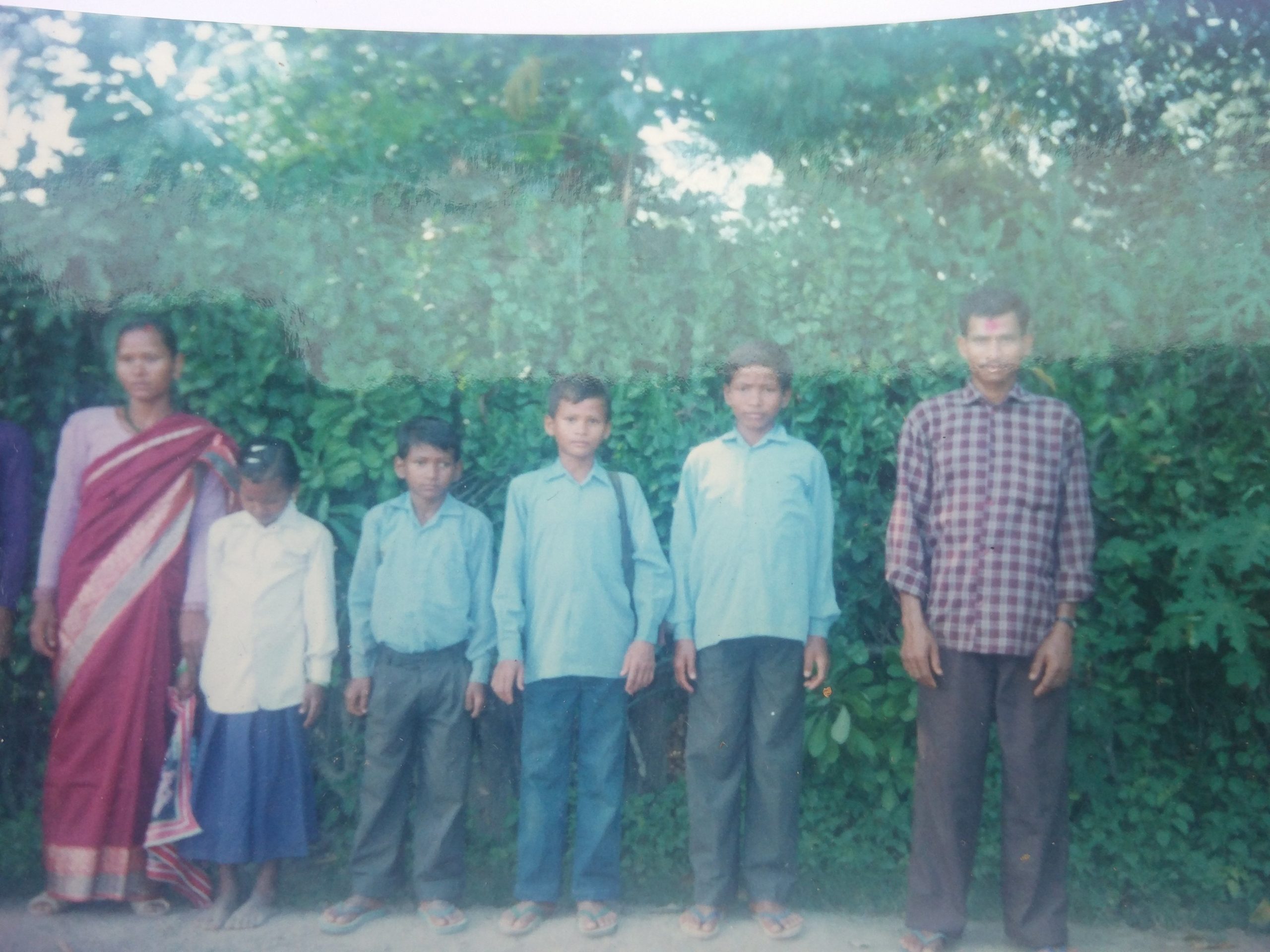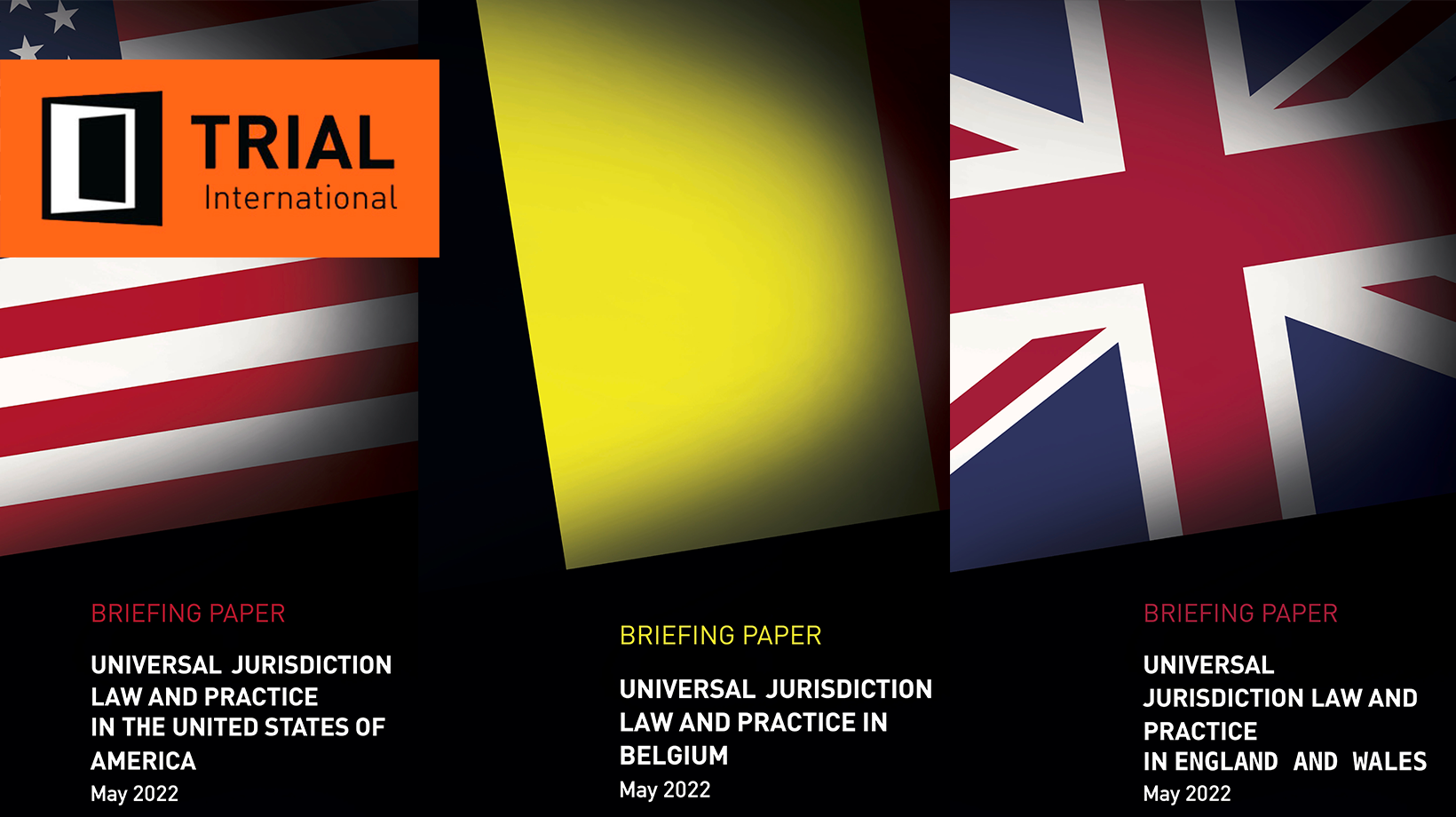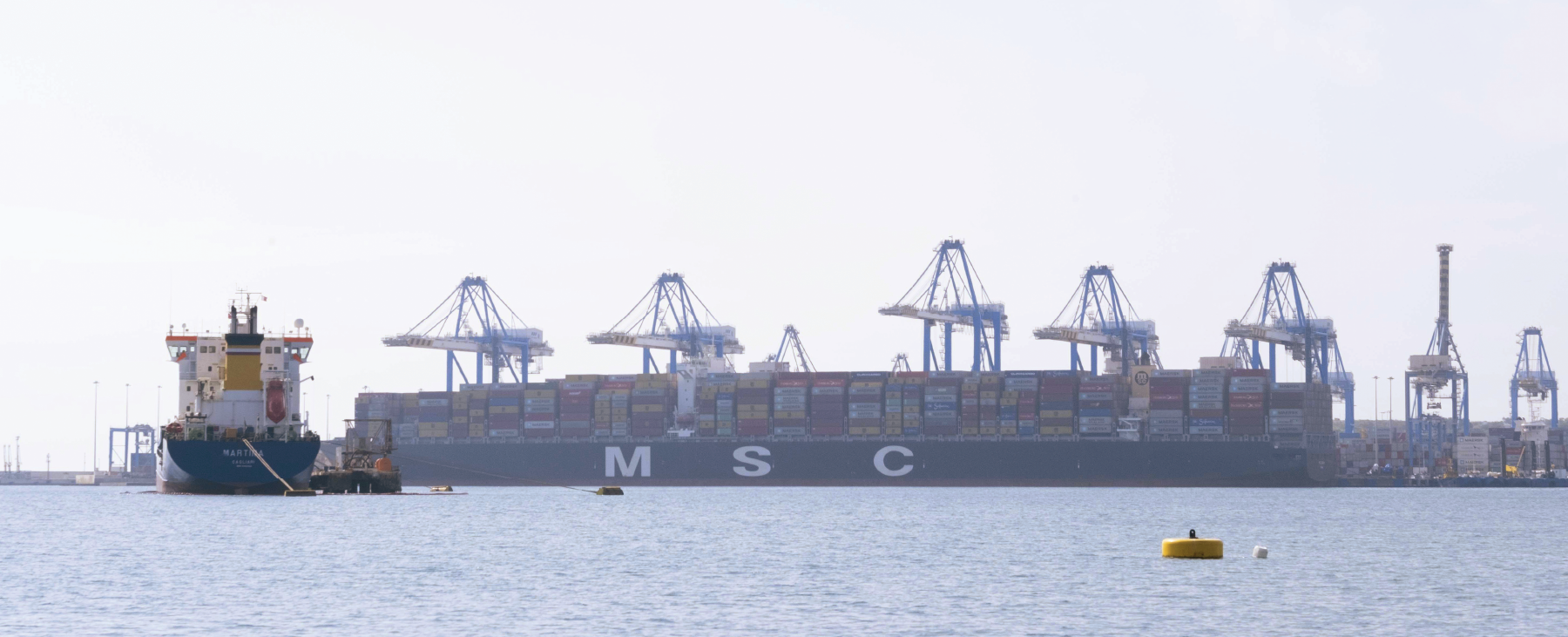Rights Groups File Complaint Asking France to Investigate Saudi Crown Prince over Jamal Khashoggi Killing
Mohammed bin Salman accused of torture and enforced disappearance of journalist
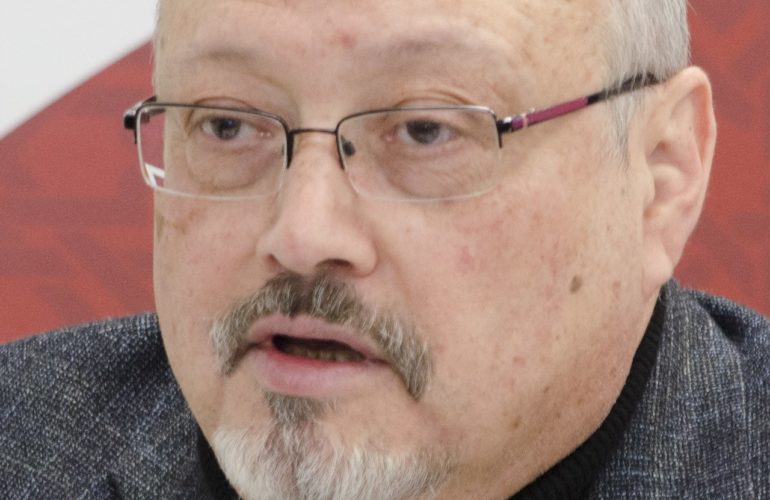
(Paris, July 28, 2022) Following a criminal complaint filed today, French authorities should open an investigation against visiting Saudi Crown Prince Mohammed bin Salman (MBS) for the torture and killing of exiled Saudi journalist Jamal Khashoggi, Democracy for the Arab World Now (DAWN), Open Society Justice Initiative (OSJI), and TRIAL International said today.
Bin Salman is in Paris, France for meetings with President Emmanuel Macron.
DAWN, a group created by Khashoggi in June 2018, three months before his murder, filed a 42-page complaint on July 28 before the Paris tribunal arguing that MBS is an accomplice to the torture and enforced disappearance of Khashoggi from the Saudi consulate in Istanbul on October 2, 2018 and that these are crimes subject to domestic prosecution in France.
The complaint, also supported by the OSJI and co-filed by TRIAL International, said that Bin Salman does not have immunity from prosecution because as crown prince he is not the head of state. The groups also argued that Bin Salman had pressured Turkey to drop prosecutions against Saudi officials for the Khashoggi killing, and that a trial held against unnamed defendants in Saudi Arabia for the killing was a sham, leaving France as one of the only venues for justice.
“French authorities should immediately open a criminal investigation against Mohammed bin Salman for his role in the gruesome murder of Jamal Khashoggi,” said Sarah Leah Whitson, Executive Director of DAWN. “As a party to the UN Conventions against Torture and Enforced Disappearances, France is obliged to investigate a suspect such as Bin Salman if he is present on French territory.”
Khashoggi, a columnist with the Washington Post, wrote critically about the Saudi crown prince’s crackdown on expression and dissent within the kingdom. The groups alleged that Saudi officials, acting under Bin Salman’s orders, dismembered Khashoggi‘s body with a bone saw after luring him to their consulate in Istanbul.
The US Office of Director of National Intelligence (ODNI) report into the murder, released by the Biden administration, concluded that MBS ordered the murder. Then United Nations Rapporteur on Summary Executions Agnès Callamard made a similar finding. After his meeting with Bin Salman in July, President Biden said that he had confronted the crown prince about Khashoggi’s murder and told him that he held him personally responsible for Khashoggi’s murder.
Bin Salman is also facing a civil lawsuit over the murder brought in the United States by DAWN and Khashoggi’s fiance, Hatice Cengiz.
French law recognizes “universal jurisdiction” for torture and enforced disappearances. This means that judicial authorities are empowered – and in the case of torture and enforced disappearances, required – to investigate and prosecute these crimes no matter where they were committed, and regardless of the nationality of the suspects or their victims, as long as the suspect is in French territory.
“France played such an important role in the adoption of the United Nations Convention for the Protection of All Persons from Enforced Disappearance,” said Philip Grant, Executive Director of TRIAL International. “The time has come for France to live up to the standards it fought so hard to promote and to seriously tackle impunity for such crimes.”
Universal jurisdiction cases are an increasingly important part of international efforts to hold those responsible for atrocities accountable, provide justice to victims who have nowhere else to turn, deter future crimes, and help ensure that countries do not become safe havens for human rights abusers, the groups said.
“The deliberate killing of Jamal Khashoggi was the capstone of an ongoing wave of repression unleashed by Mohammed bin Salman against Saudi civil society that has included arbitrary detention, torture, state-sponsored murder, and enforced disappearance,” said James A. Goldston, executive director of the Justice Initiative. “By meeting with the crown prince on French soil, while Saudi dissidents remain wrongfully detained, trapped in the country through travel bans, and targeted abroad, President Macron risks contributing to the dangerous normalization of a brutal man.”
Following Khashoggi’s murder, France and other Western countries imposed sanctions and travel bans on the 18 suspected of involvement in the murder. Germany, France and the United Kingdom coordinated on the issuance of travel bans that applied across all 26 countries in the European border-free Schengen area. On October 20, 2018, then French Foreign Minister Jean-Yves Le Drian condemned Khashoggi’s murder “in the strongest terms.” The French Foreign Ministry further stated that “the murder of Mr. Khashoggi is a crime of extreme gravity, which moreover goes against freedom of the press and the most fundamental rights.” Paris Mayor Anne Hidalgo also canceled her participation in the U20 conference held in Saudi Arabia, along with several other mayors around the world.
However, unlike several other European countries, France didn’t ban the sale and shipment of arms to Saudi Arabia. On October 26, 2018, President Macron stated: “What’s the link between arms sales and Mr Khashoggi’s murder? … there is no link with Mister Khashoggi.” On March 25, 2019, the French Ambassador to Germany, Anne-Marie Descotes warned the German government against the “politicization” of arms sales that might jeopardize joint ventures for jets, drones, and tanks. During the 2014-18 period, France was the third largest supplier of arms to Saudi Arabia, behind the United States and the United Kingdom. In 2019, less than one year after the murder, France transferred $1.7 billion worth of arms exports to Saudi Arabia and has continued annually selling it billions in weapons. In June 2022, NGOs filed a criminal complaint against French arms companies for these arms sales, citing France’s complicity in war crimes in Yemen.
DAWN and TRIAL International are represented by French lawyer Henri Thulliez.
For More Information
Sarah Leah Whitson (DAWN) in New York, swhitson@dawnmena.org or +1-718-213-7342, Twitter: @sarahleah1 (English, Arabic, Armenian)
James A. Goldston (OSJI) in New York, media@opensocietyfoundations.org or +1-917-862-2937, Twitter: @OSFJustice, @JamesAGoldston
Henri Thulliez in Paris, henri.thulliez@gmail.com (French, English)
Reed Brody (DAWN) in Carcassonne +1 917-388-6745 (WhatsApp) or +34 683 223 642 (telephone) or reedbrody@gmail.com (English, French, Spanish, Portuguese)
Philip Grant (TRIAL International) in Geneva, media@trialinternational.org, Twitter: @Trial (English, French, German)

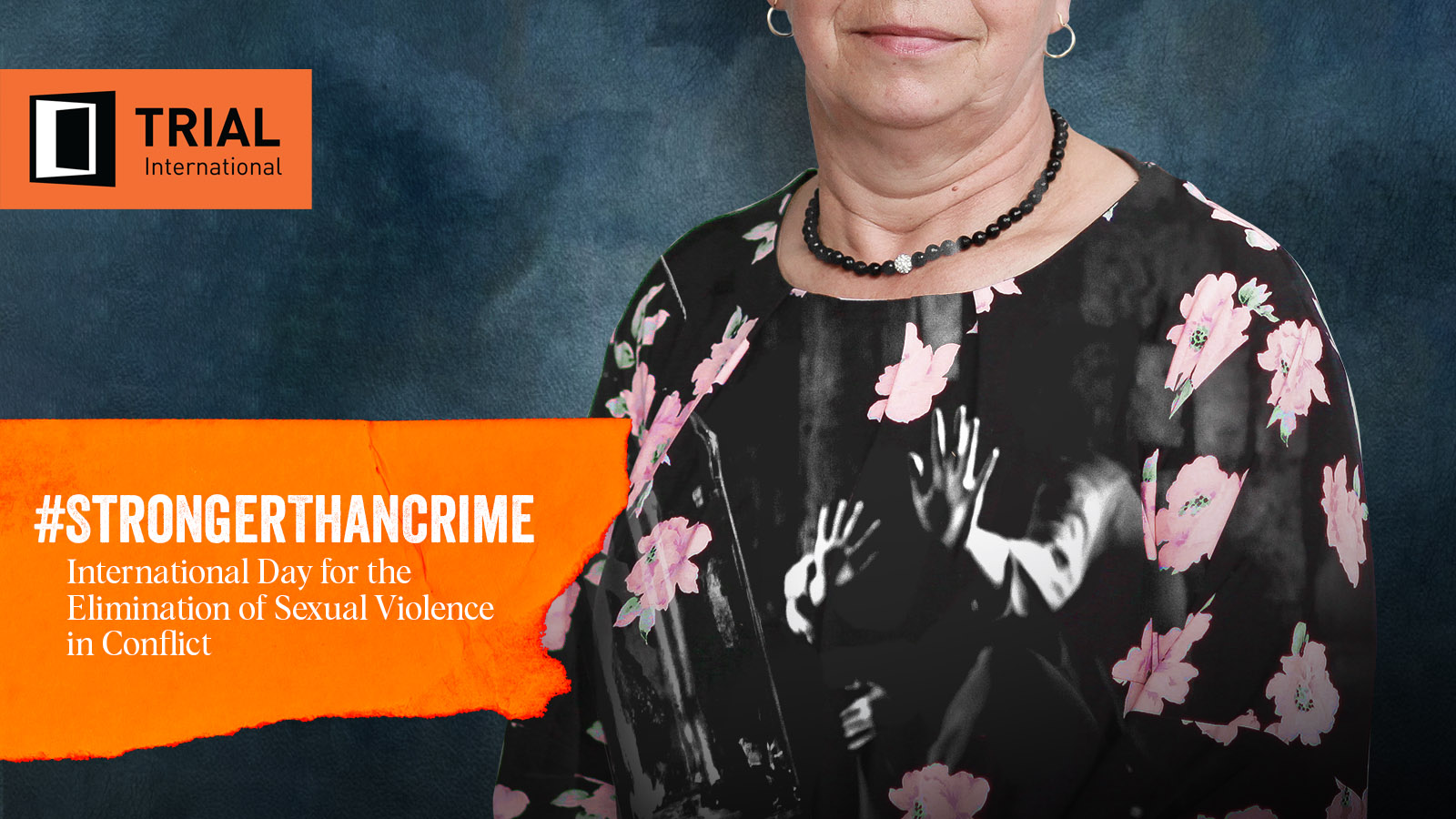
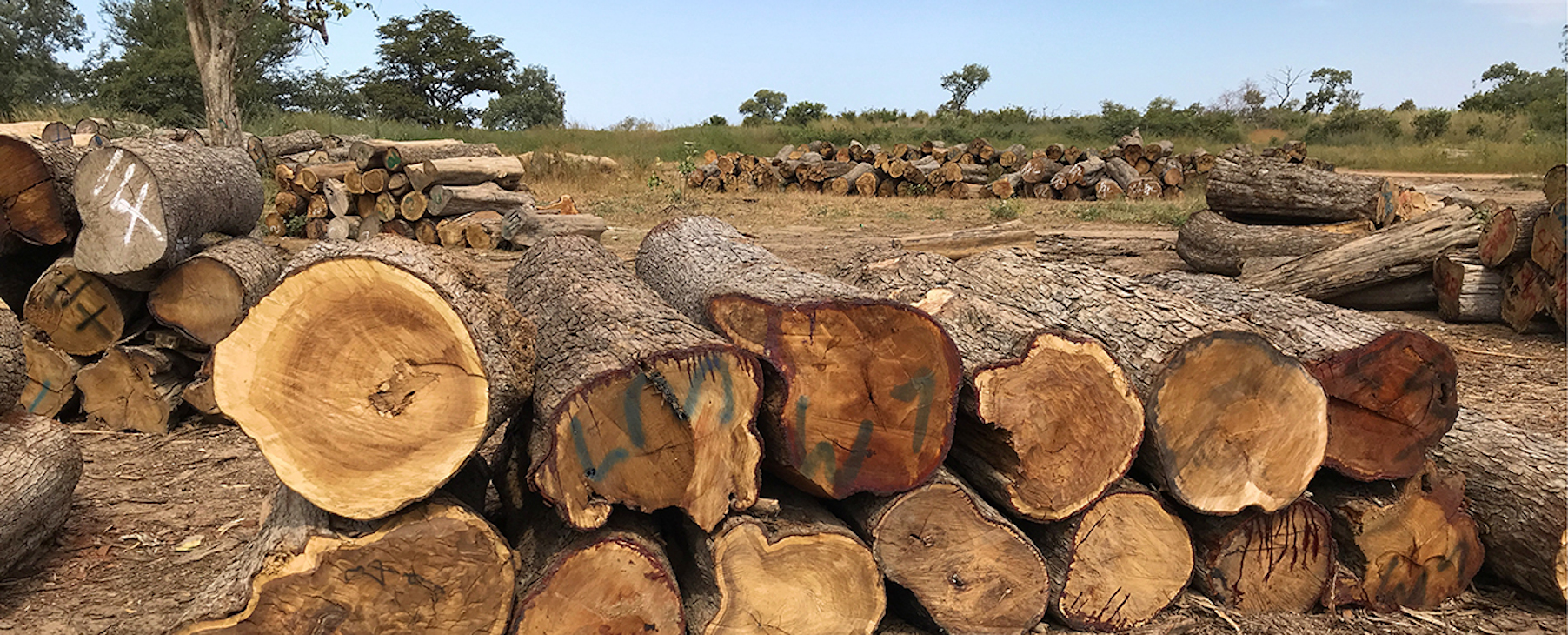
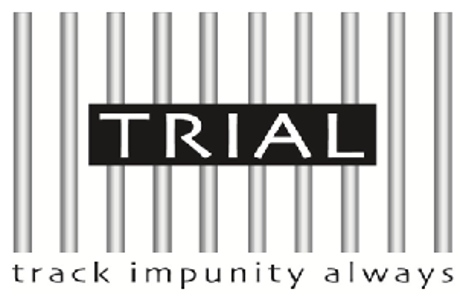
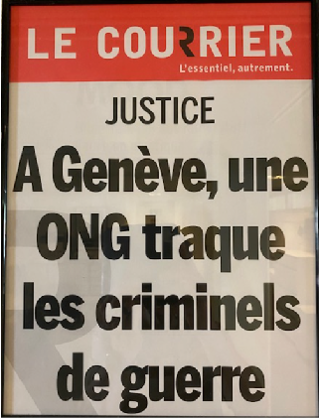
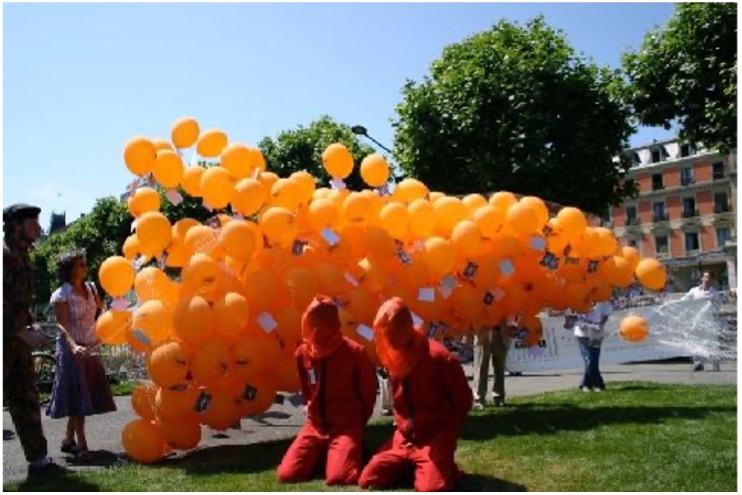
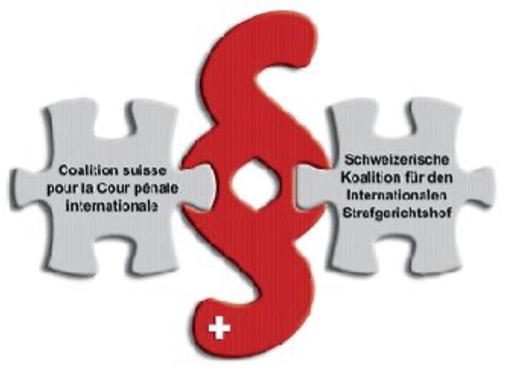
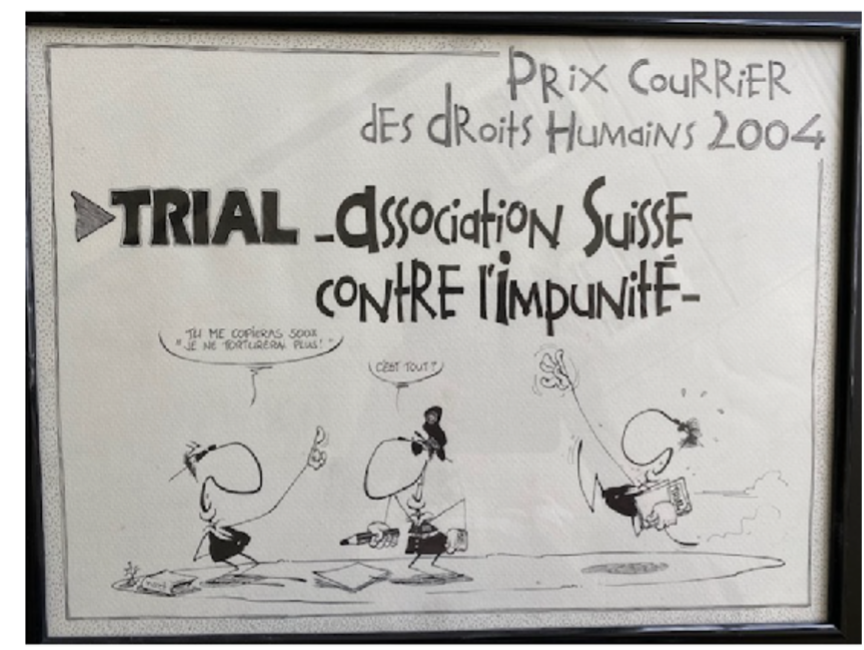

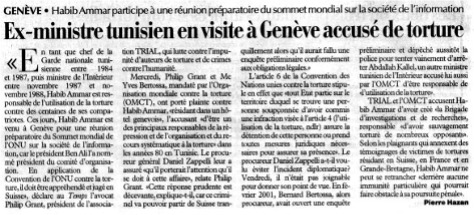
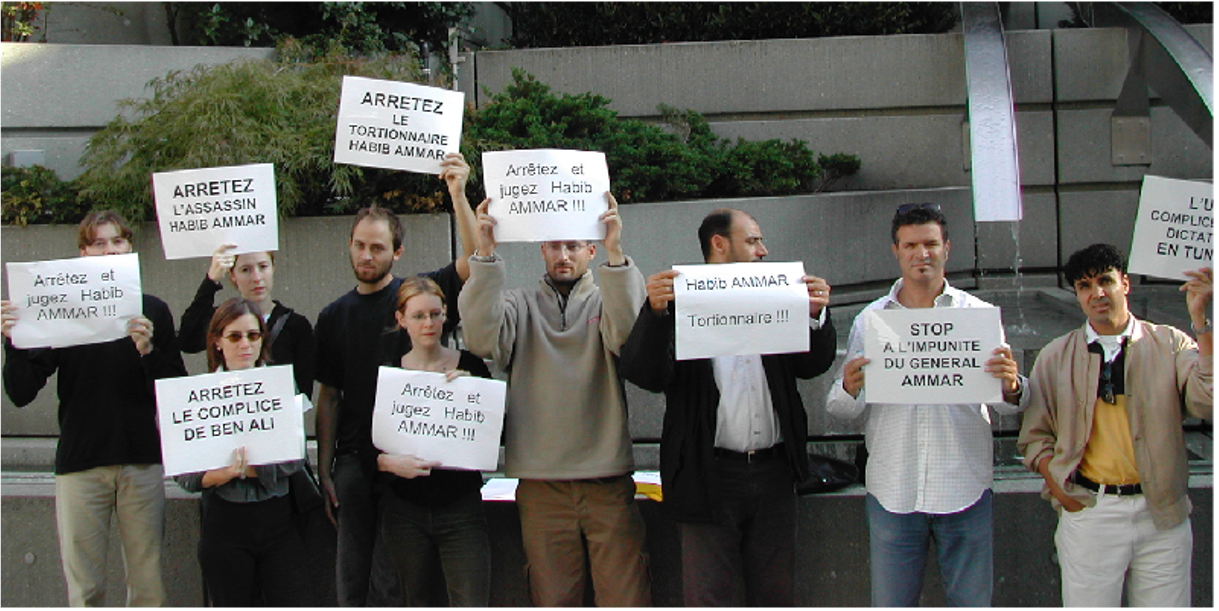
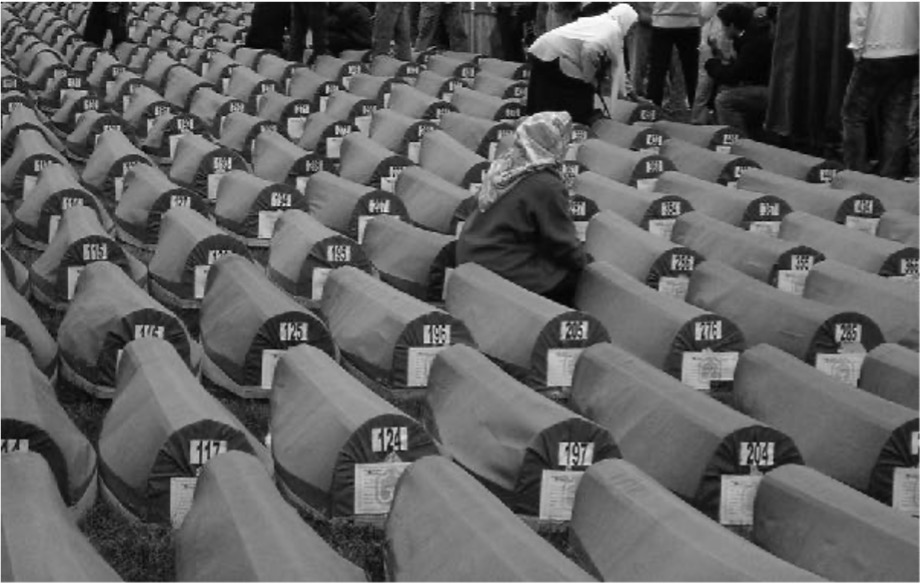
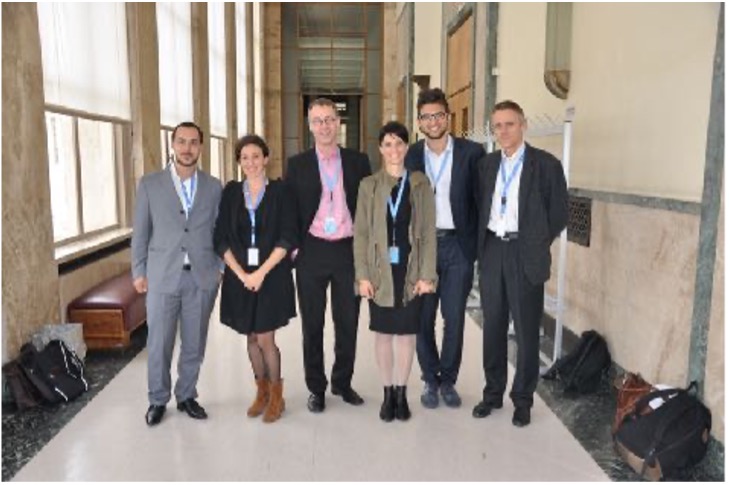
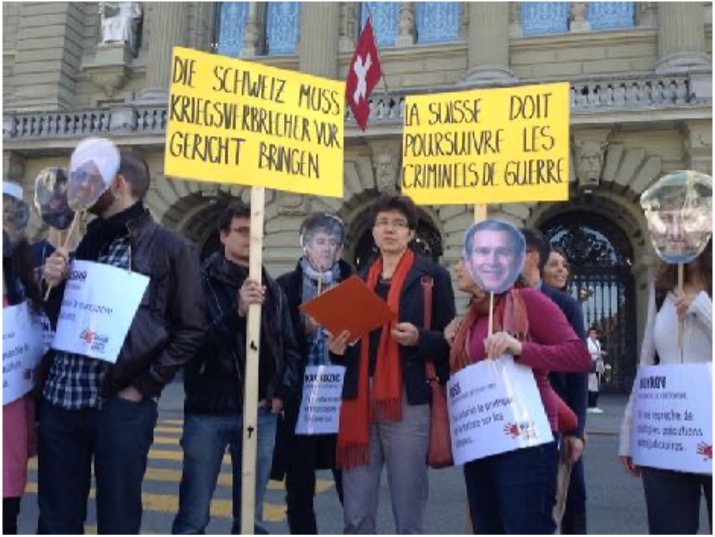
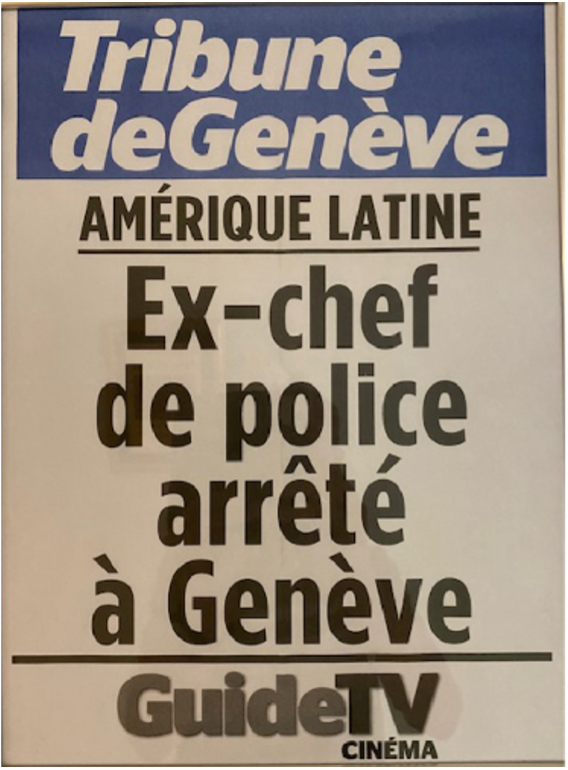

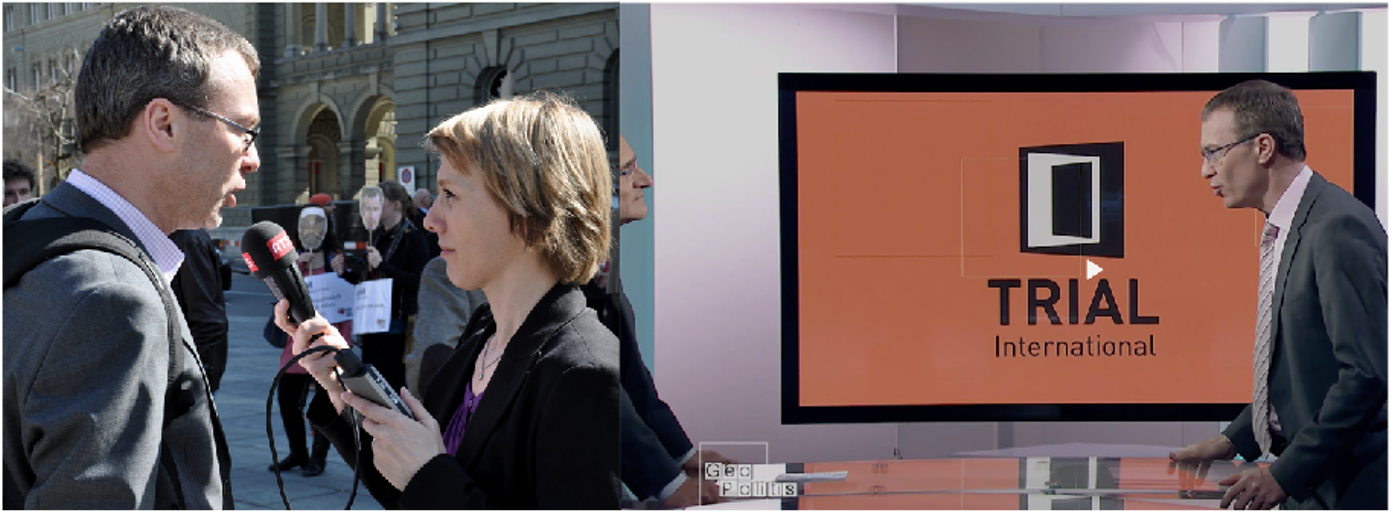
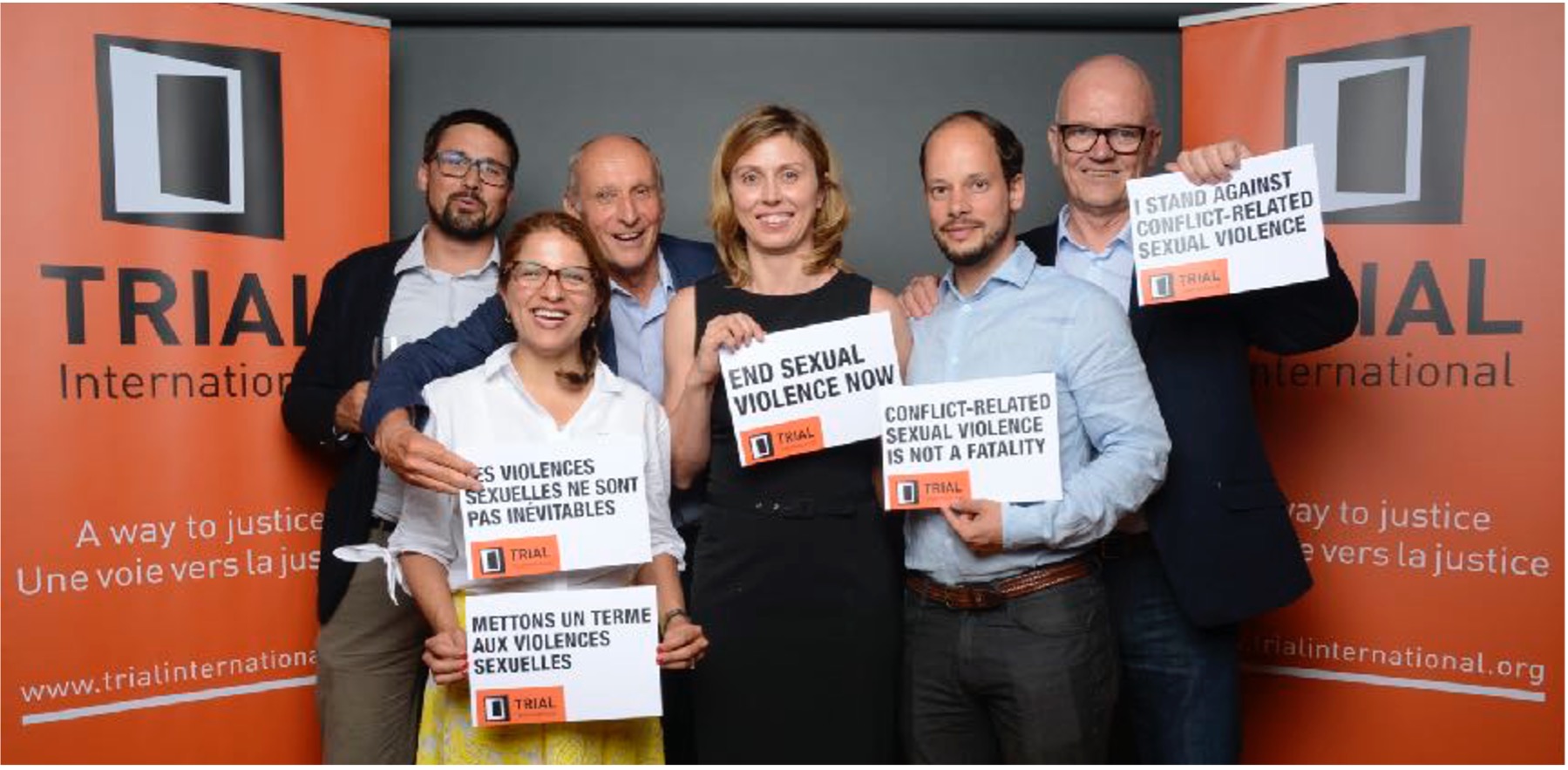
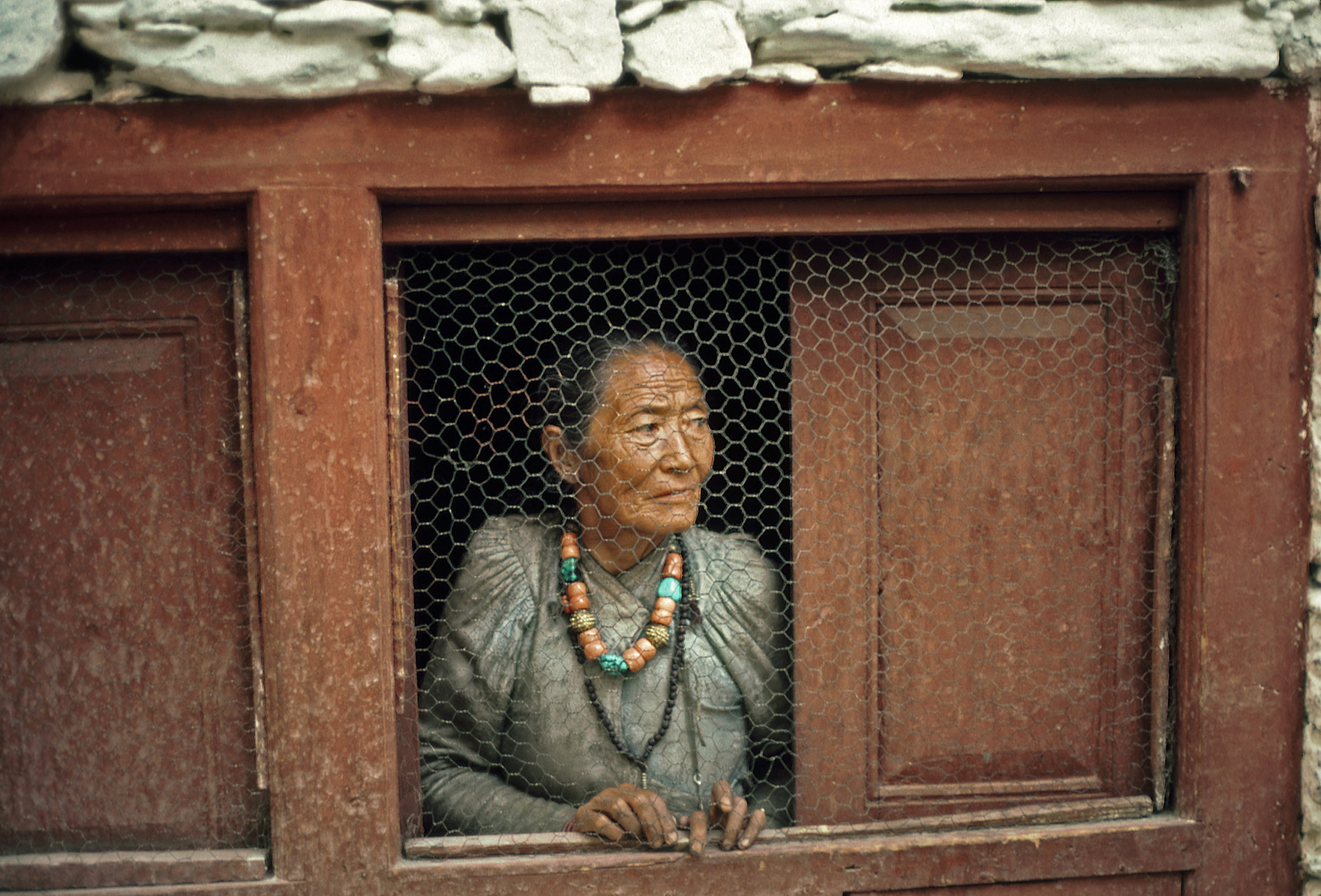 (C) UN Photo – John Isaac[/caption]
(C) UN Photo – John Isaac[/caption]